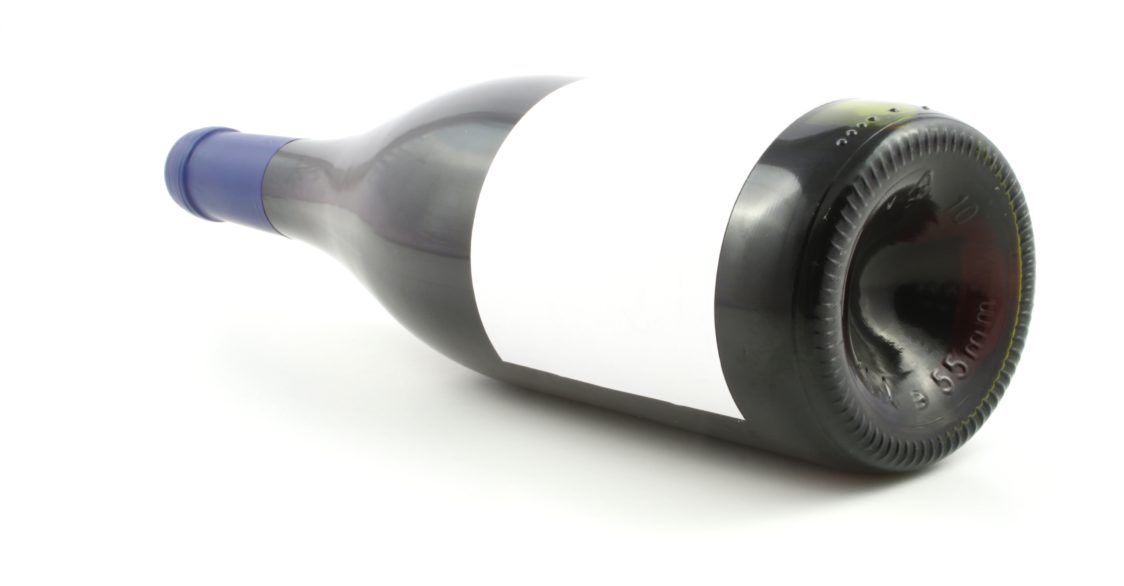Children will always be curious. It is in the nature of a child and it is a good thing, to want to learn all about the world. This means that children want to see what things look like, smell like, feel like, and yes, taste like. If you are the parent of children past infancy, you have surely heard the question, “Can I try that?” on many occasions. And you have probably heard it in reference to your adult beverages. When something is forbidden to a child, her curiosity will soar to new heights.
Parents are often of different minds on this issue. Some insist that a child should not have even a taste of alcohol until the age of 21. Others think a sample is OK, and possibly even beneficial. Some parents may let their teenagers drink at home to help model responsible consumption of alcohol, while others will allow only the occasional sip at special events. While feelings are strong on this issue, new evidence from a survey and study reveals some truths.
The Study
The results of a survey were published recently in Archives of Pediatrics & Adolescent Medicine, a medical and scientific research journal. The authors of the paper interviewed over 1,000 mothers and their children, all of whom were in third grade. The interviewers spoke with both the mothers and the children for 25 minutes. Moms were asked to rate statements based upon how much they agreed or disagreed with them. For instance, they were given statements like, “If parents don’t let children try alcohol at least once, children will be more tempted by alcohol as a ‘forbidden fruit’” and, “children who sip small amounts of alcohol at home with parents will be less likely to experiment with risky drinking in middle school.”
The children were asked various questions about whether they had tried sips of different types of alcohol. They were asked if their parents had allowed them to do so or if they had tried alcohol without permission.
The Results
About one-third of the mothers in the survey agreed with the statements that claimed trying alcohol was good for children. The results indicate that a significant portion of mothers believe in the “forbidden fruit” argument: that by not allowing children to try a sip of alcoholic beverages, parents are creating a temptation that could lead to binge drinking or other dangerous behaviors in the future.
Approximately 22 percent of the mothers in the survey believe that children who are allowed sips at home will better resist peer pressure in middle school and high school. Closer to one-fourth of all the moms questioned believe that drinking with parents will lead to less experimentation with drinking when older. The answers from the children in the survey reflected the results from the mothers. Nearly one-third of the kids questioned said that they had been allowed at least one sip of alcohol at home.
The mothers involved in the survey represented a cross section of race, ethnicity, education and socioeconomic status. The mothers who believed in the benefits of early sipping tended to be white, employed, and college-educated.
The Truth
The study clearly indicates that many mothers think allowing their children to try alcohol will be beneficial and will lead to more responsible drinking and better decisions as they get older and face peer pressures. There is, however, little evidence to suggest this is true. As a conclusion to the survey results, the researchers cited several previous studies linking drinking at home with future drinking behaviors in young people.
One study cited found that fifth graders who were allowed to drink with their parents were two times as likely to drink in the seventh grade. Another study found that drinking at home at age 10 correlated with drinking outside of the home by age 14. In both studies, the researchers controlled for other factors that can lead to early drinking, such as trauma or mental illness.
Because the results of the survey found that a significant portion of mothers are allowing their children to drink based upon false beliefs, the researchers call for more studies and more public health outreach. They want parents to understand that although it may seem like a lax attitude toward drinking will help their children, the opposite is more likely to be true.








